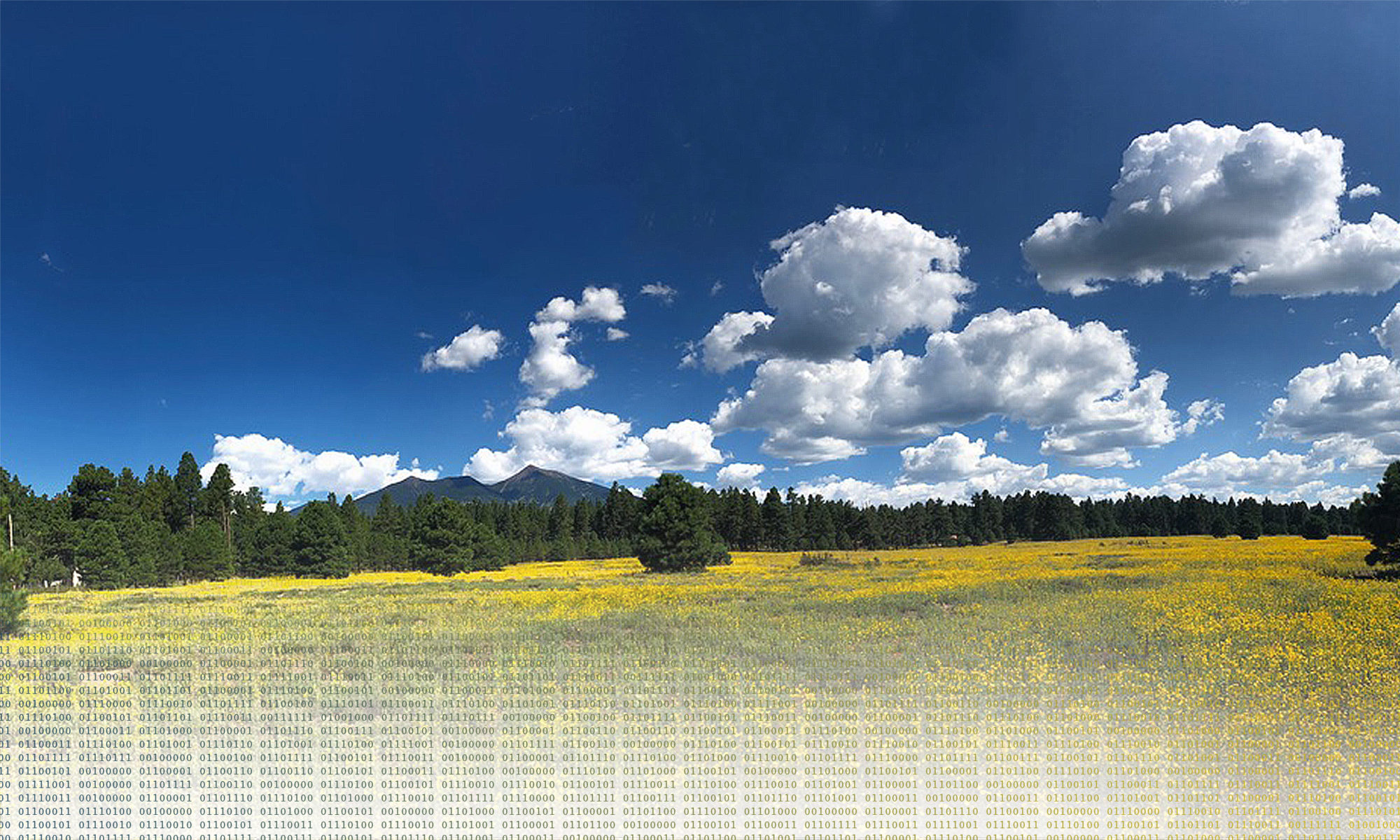Title: Coarse-filter bee conservation strategies benefit from fine-grained topography data
Abstract
Climate change complicates the task of prioritizing sites for conservation, because conditions that currently support biodiversity may not in the future. One strategy to circumvent this problem is to prioritize sites that are diverse in climate-resilient abiotic conditions, such as geology and topography. Geodiverse areas contain more niche space, are more likely to maintain processes that promote biodiversity in the future, and thus are useful coarse-filter surrogates for site prioritization. Comparatively few studies have scrutinized the relevance of topography to invertebrate pollinators, and the importance of data below 30 m grain-sizes is largely unknown, though could be useful for identifying microrefugia and corridor designation. We surveyed grass, shrub, and woodland sites for bees and plants in the Sapphire Mountains of western Montana, USA to explore if coarse-filter strategies are effective for these groups. We gathered fine-grained elevational data for the region with structure-from-motion photogrammetry, and derived metrics of topodiversity with these data to study the importance of grain-size (0.25 to 250 m) and neighborhood (1 to 500 m) of topodiversity calculation. We found that bee rarity-weighted richness (RWR) was most strongly correlated with 2 m grain topodiversity data, while plant RWR was most strongly correlated with 235 m data. We explored the potential for hierarchical models spanning grain-sizes and neighborhoods, but found that simple linear models of topodiversity performed best at ranking sites by RWR in both groups. The best model for plants performed relatively poorly for the task of bee site prioritization. Modeling RWR with pooled biodiversity data aggregated from both groups slightly improved site rankings for bees and slightly decreased ranking performance in plants. While the costs of fine-grained elevational remote sensing technologies may be high at present, national efforts to gather these data are on the horizon, and may facilitate conservation of bees and other groups at the local scale.
Speaker: Dr. Adrianna Foster, NAU SICCS Postdoctoral Researcher
Title: Simulation of boreal treeline migration in a warming world
Abstract

